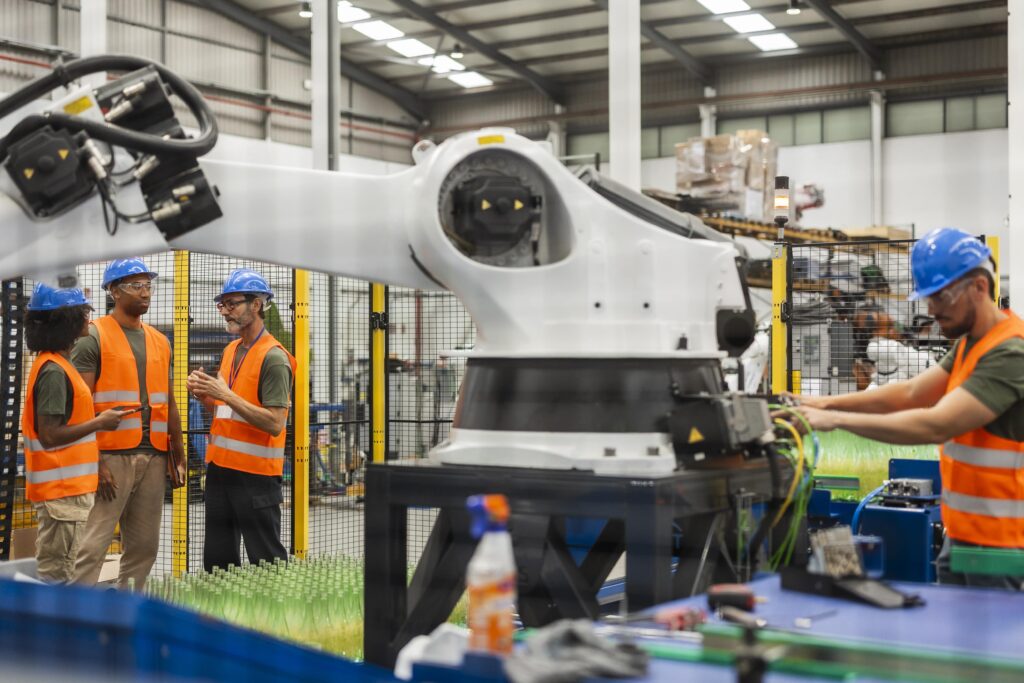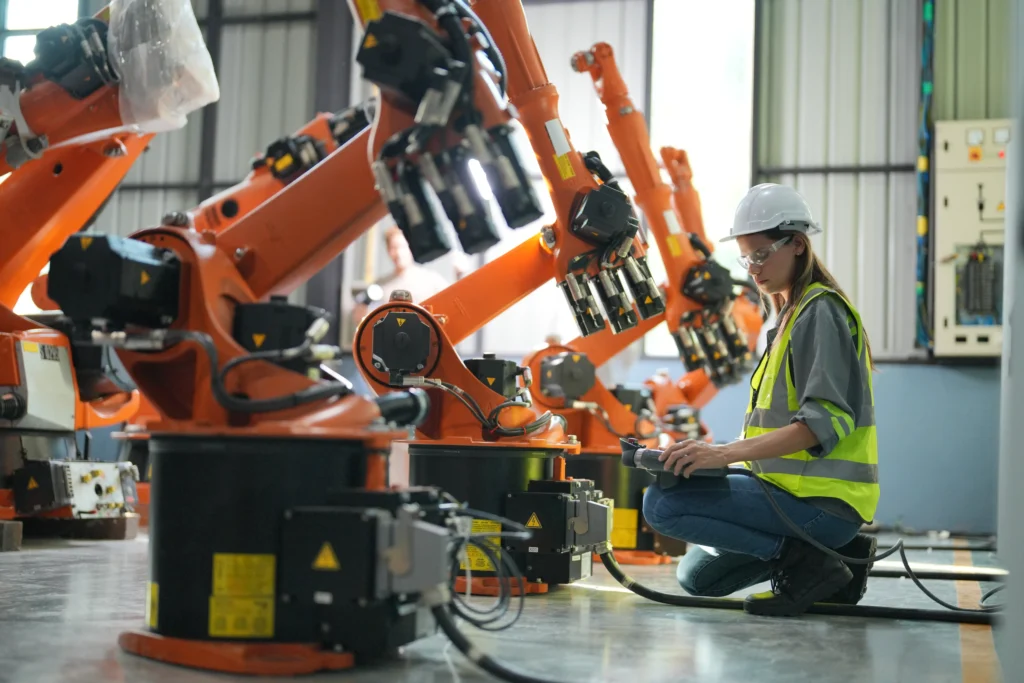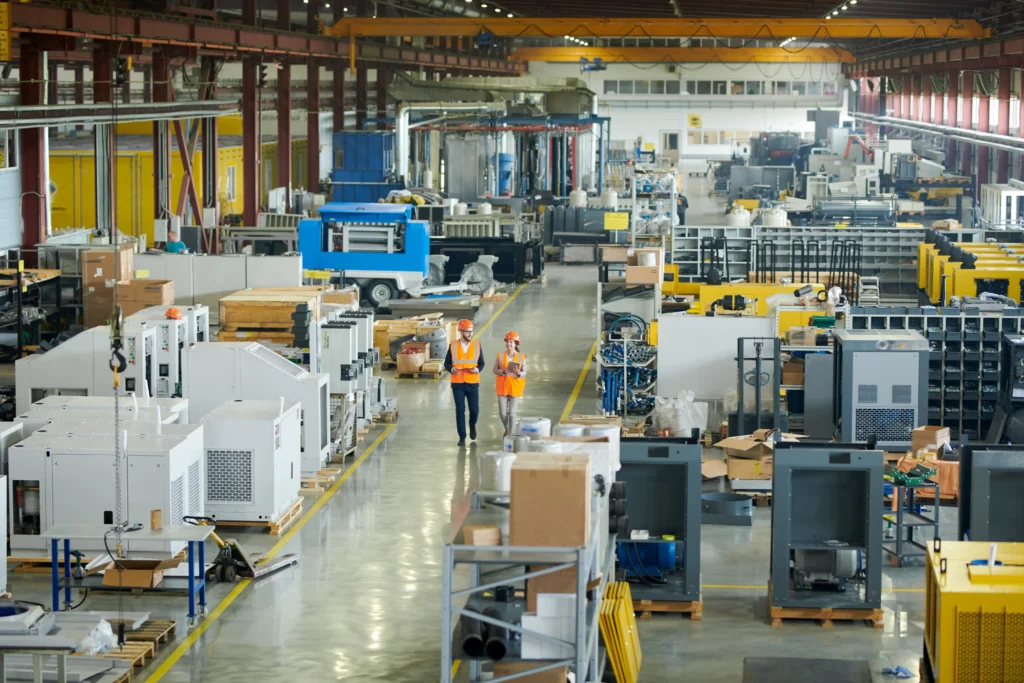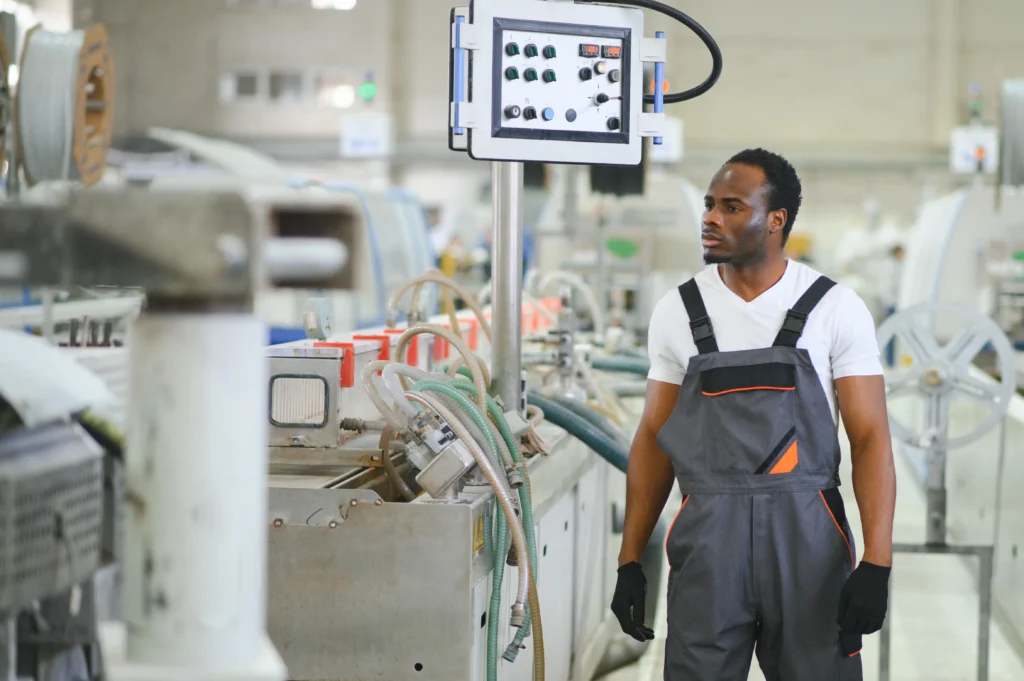In today’s competitive manufacturing landscape, plastics manufacturers are facing significant challenges.
Rising labour and raw material costs, for instance, are putting pressure on profitability, and the need for efficiency has never been greater.
Couple those challenges with the increase in National Insurance Contributions in a matter of days, the question arises: should plastics processors be looking into manufacturing software to alleviate some of these pressures?
“Manufacturers feel like they are currently wading through treacle, facing barriers and increased costs being imposed on them at every turn. However, there is no more resilient a sector in the economy and, just as they have done in the past, they will find ways to adapt.” Verity Davidge, Director of Policy, Make UK
Manufacturing software, such as ERP software and MES systems, can offer solutions to these challenges by optimising production processes, improving product quality, and enhancing operational efficiency.
This article will delve into the reasons why investing in manufacturing software is becoming essential for plastics processors.
Understanding the Challenges

Rising Labour Costs
Labour costs have been a growing concern for manufacturers worldwide.
As wages increase, so does the cost of production. This rise can significantly impact the bottom line, making it essential for plastics processors to find ways to maintain efficiency while managing these costs.
Escalating Raw Material Prices
The cost of raw materials, such as polymers, has been on the rise due to various factors including supply chain disruptions and increased global demand.
This escalation further squeezes profit margins and necessitates more efficient use of materials in production.
The Role of Manufacturing Software
Optimising Production Processes
Plastics manufacturing software, like DELMIAWorks, is designed to streamline production processes.
By automating routine tasks and providing real-time data insights, these systems help reduce waste, minimise downtime, and ensure that production lines are running at optimum efficiency.
This optimisation is crucial for maintaining competitiveness as costs rise.
Enhancing Product Quality
Quality control is another area where manufacturing software can make a substantial impact.
By integrating quality management modules, these systems allow for continuous monitoring and analysis of product quality throughout the production process.
This leads to reduced defects and rework, ultimately saving time and money.
For plastics manufacturers, strong quality management systems allow for diversification. This includes processes that offer higher margins, like cleanrooms. It also enables the production of parts for industries with strict compliance, such as automotive and aerospace.
Improving Operational Efficiency
One of the primary benefits of manufacturing software is its ability to enhance overall operational efficiency.
By providing a comprehensive view of the entire production process, DELMIAWorks ERP enables better resource allocation, scheduling, and inventory management.
This holistic approach ensures that all aspects of production are aligned and working towards common goals.
Real-Time Data for Informed Decision-Making
The Importance of Real-Time Data
Having access to real-time manufacturing data is invaluable.
MES software provides this capability, allowing managers and analysts to make informed decisions quickly.
This real-time insight is critical for responding to changes in demand, managing supply chain disruptions, and optimising resource use.
Using Data for Strategic Decisions
With real-time data at their fingertips, decision-makers can identify trends, forecast demand, and plan production schedules with greater accuracy. This proactive approach minimises the risk of overproduction or stockouts, aligning production more closely with market needs.
Implementing Manufacturing Software
Overcoming Implementation Challenges
While the benefits of manufacturing software are clear, implementing these systems can be challenging. It requires careful planning, training, and change management to ensure a smooth transition. Working closely with an experienced ERP consultant can help navigate these challenges and set the stage for successful implementation.
Practical Strategies for Implementation
To successfully implement manufacturing software, companies should start with a clear understanding of their current processes and identify key areas for improvement. Setting measurable goals and involving stakeholders from all levels of the organization can foster buy-in and ensure that the new system meets the needs of all users.
Continuous Improvement and Adaptation
Manufacturing is an ever-evolving industry, and the software solutions that support it must also adapt. Regularly reviewing system performance, gathering user feedback, and making necessary adjustments ensures that the software continues to meet the changing needs of the business.
Conclusion
For plastics processors grappling with rising labour and raw material costs, investing in manufacturing software is no longer optional—it’s essential.
By optimising production processes, enhancing product quality, and providing real-time data for decision-making, these systems offer a path to sustained competitiveness and profitability.
Embracing manufacturing software, like DELMIAWorks, can transform how plastics processors operate, leading to improved efficiency and better management of the challenges posed by increasing costs.
By taking strategic steps to implement these solutions, manufacturers can not only survive but thrive in today’s complex market landscape.
Contact us to learn how DELMIAWorks can help you mitigate the risks from rising costs.
Interested in reading more about how DELMIAWorks can help you reduce costs? These articles may be of interest.




